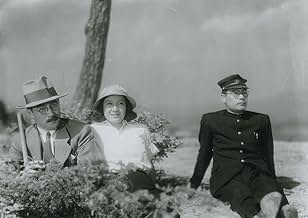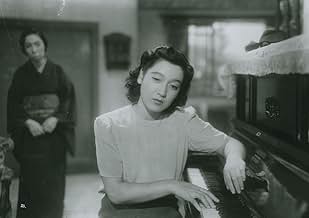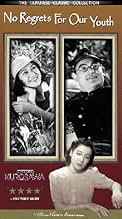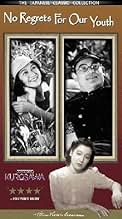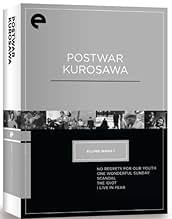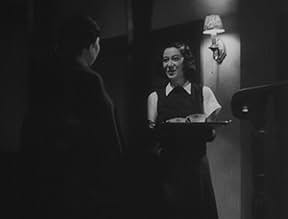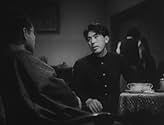NO REGRETS FOR OUR YOUTH is quite different from the period pieces that made Kurosawa famous in the 1950s and 1960s. Set during WWII, the movie follows Yukie, the spoiled daughter of a liberal professor. She lives an enchanted, comfortable life, yet she is also keenly aware that her life is empty. The thought of following a conventional path (marriage to a steady breadwinner, children) bores her. She is drawn to a social activist named Noge, whose life on the edges of society is dangerous but seemingly thrilling-- and from there, she is taken from her gilded bourgeois life and thrown into the world to find a way to live her life consciously and with purpose.
Kurosawa's oeuvre is generally chided for being too male-focused, but in Yukie, his only female protagonist, he gives us one of his finest heroes. Her transformation over the course of the movie is brilliantly played by Setsuko Hara. Her mannerisms and expressions allow her character to age credibly, more so than other movies I can think of where the audience watches a character age over many years. Yukie is idealistic, but also practical and steadfast.
As a film, NO REGRETS is executed with flair: Kurosawa has yet to develop his own signature style fully at this point in his career. I found a lot of debt to Soviet and European art cinema on display here, especially in the montages. He is not yet the master filmmaker he would become, but this is an astonishing early effort, heartfelt and assured. But it would be a shame to only see this movie as a stepping stone towards better things, for it is a fine piece of work in its own right.

